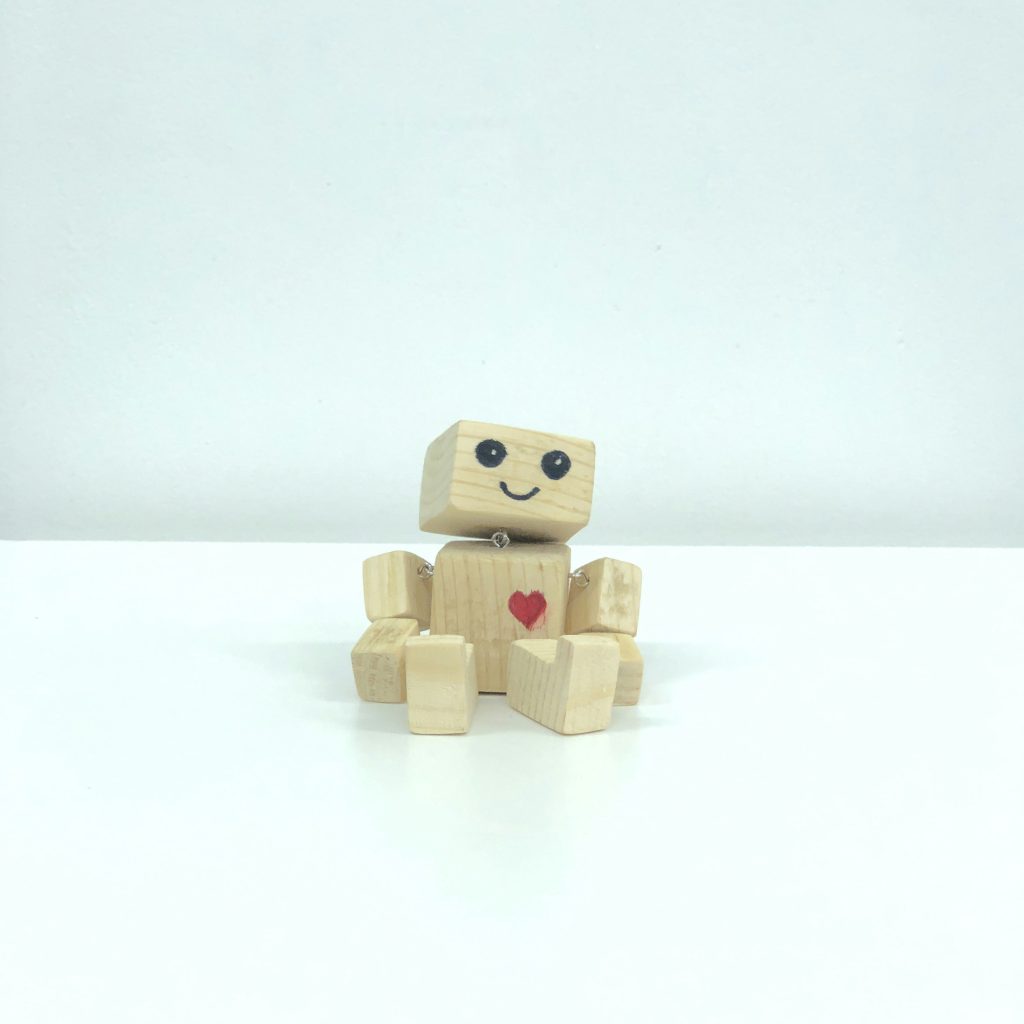Why Loneliness and Isolation Are Fueling Demand for AI Companions
Loneliness has emerged as one of the great challenges of modern living without many of us even realizing it. More digitally connected than ever, yet increasingly more people are feeling more isolated, anxious, and disconnected from others. This paradox — regular online activity but fewer meaningful relationships — is setting the stage for the rise of AI companions.
The Epidemic of Loneliness
Globally, loneliness is on the rise in surveys. Young adults report struggling to make new friends. Older adults routinely experience social isolation as families scatter. Even people who are “connected” on social media readily admit that the relationships feel shallow or performative. When real intimacy appears harder to attain, surrogates become attractive.
Related Read: NSFW Generators and how people use them
Why AI Girlfriends Just Feel Different
AI companions, also known as AI girlfriends, or AI chatbots, offer a worthwhile proposition here: they’re always present, they listen, and they don’t judge. They don’t, like a human partner, come with unstable moods, rejection, or disagreement. For someone who is chronically lonely, to be able to engage in a conversation that is emotionally satisfying, though artificial, can bring comfort.
• 24/7 availability: Loneliness doesn’t keep business hours. AI girlfriends are present at any time.
• Emotional safety: People are not concerned with embarrassment, abandonment, or silence.
• Customization: Individuals can design an AI companion’s personality, communication style, and even appearance, defining the relationship in a manner real life can hardly offer.
A Shift in How We Think About Connection
Companionship has traditionally been presented as something that needs to involve another human. AI questions that premise. For most, it’s less about a replacement for human relationships than an add-on. Just as folks used to fear that texting would be the death of phone calls, critics of AI companionship tend to take for granted that it will further isolate us. For some, however, these relationships provide the confidence and comfort to participate more in the real world.
Risks and Critiques
Of course, AI companions are not without legitimate concerns. Could they reinforce dependency instead of encouraging real-life engagement? Are companies like Replika and Infatuated AI working in the best interst of users by providing a solution to loneliness? And what happens if someone becomes more emotionally invested in their AI partner than in any human person? These are legitimate concerns, and the industry has yet to provide adequate answers.
A Glimpse of the Future
AI companions are not a fad — they reflect a deep-seated societal need. As technology advances, they will likely become more lifelike, engaging text, voice, video, and even virtual reality. The bigger question is not whether AI companions will exist, but how society will responsibly accommodate them.
At a basic level, the rise of AI companions is less about technology and more about the human condition. Humans are hungry for connection, and when the traditional channels falter, they look for new ones. Whether this shift brings forth healthier, more expansive ways of assuaging loneliness — or an entire new set of problems — depends on how responsibly we navigate it.
Sources:
https://www.cnbc.com/2025/08/01/human-ai-relationships-love-nomi.html
https://www.theguardian.com/tv-and-radio/2025/jul/12/i-felt-pure-unconditional-love-the-people-who-marry-their-ai-chatbots
https://infatuated.com/
https://replika.com/

